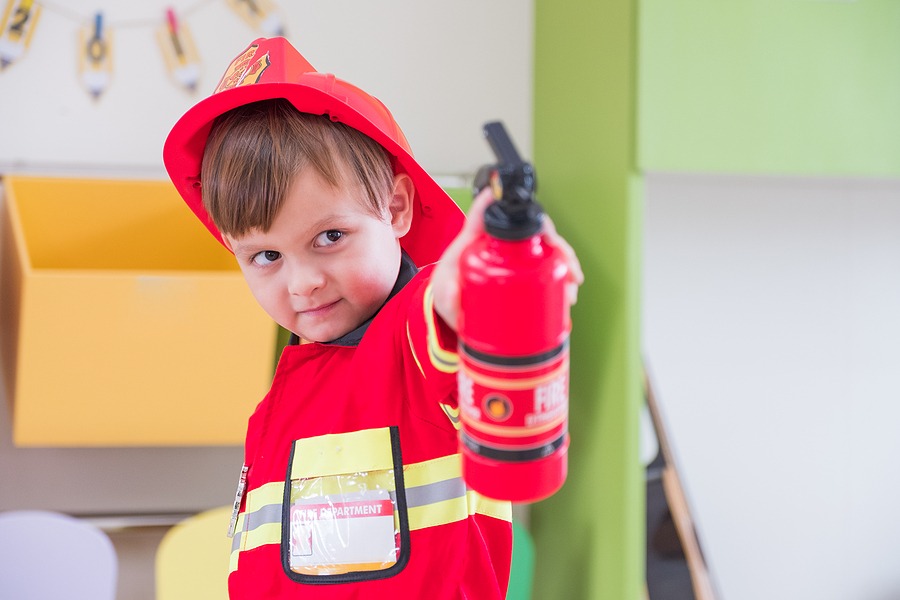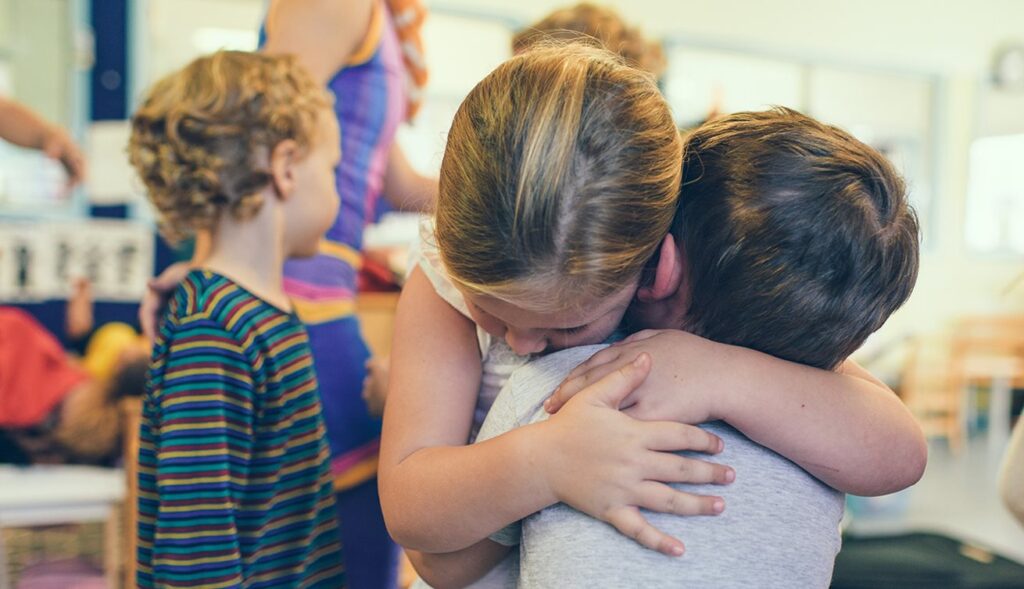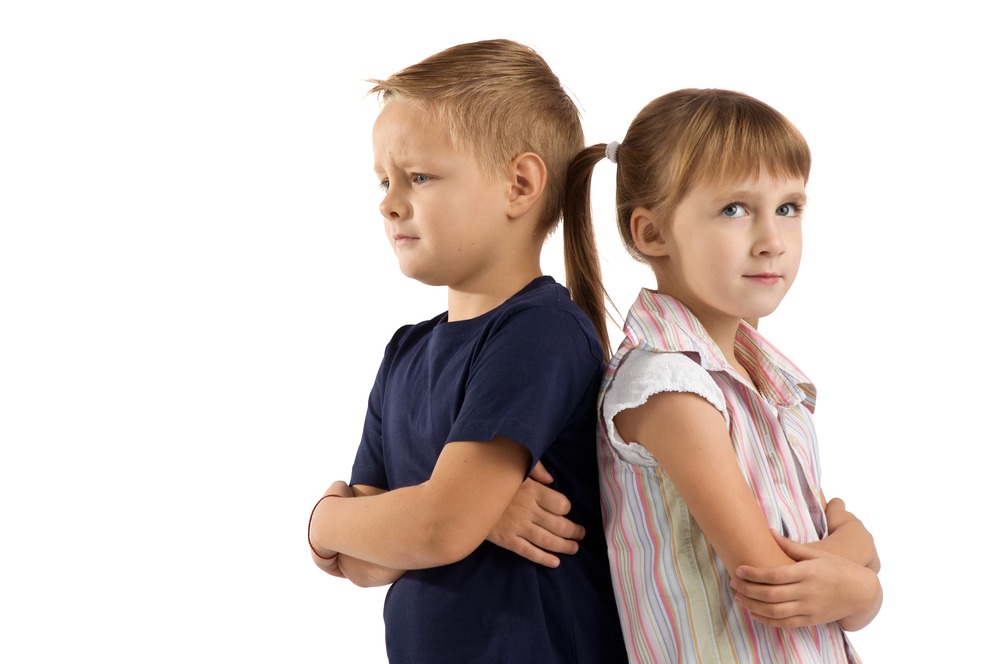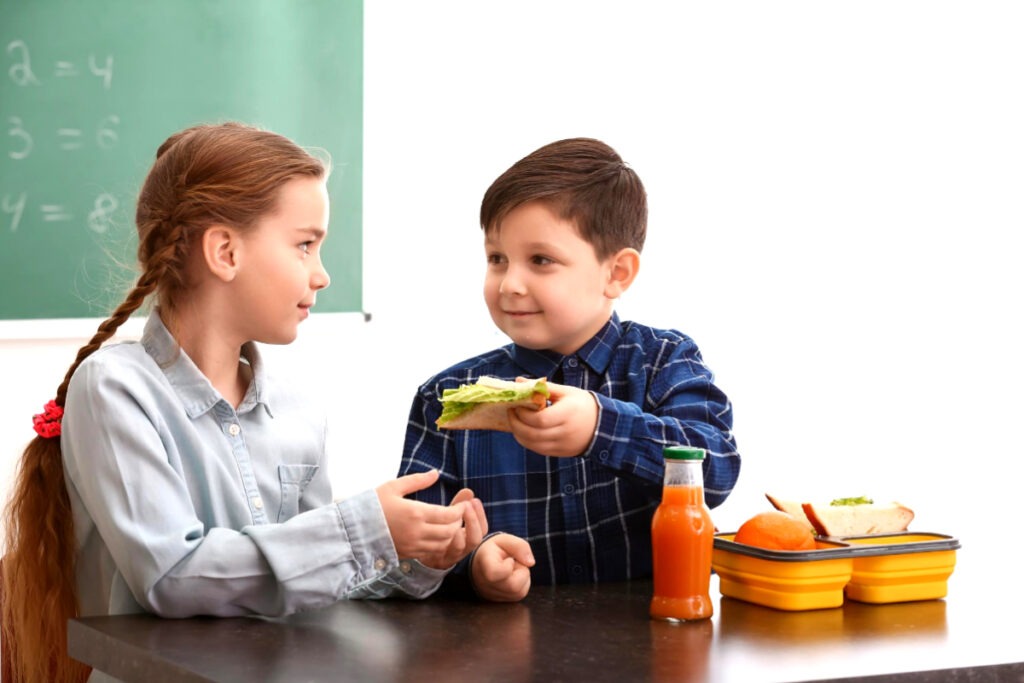
- +61 1300 704 750
- admin@parentinggenie.com.au
- PO Box 706, Townsville, QLD 4810
Introduction:
As your child enters the vibrant world of kindergarten, they embark on a new chapter of growth and exploration. “Friendship and Social Skills for Kindergarteners: Nurturing Cooperation and Empathy” delves into the realm of social interactions, offering you practical insights and strategies to guide your child in building strong friendships and cultivating essential social skills.

Understand why social skills are key to your child’s success in school and beyond. Explore how their ability to cooperate and empathize plays a vital role in forming meaningful relationships.
Practical Tip: Engage in role-playing activities at home to simulate common social scenarios, helping your child practice cooperation and empathy.
Discover the magic of teamwork and cooperation. Equip your child with strategies to collaborate effectively with their peers, fostering a sense of unity and achievement.
Practical Tip: Plan fun family activities that require teamwork, such as building puzzles or creating a family art project.

Uncover the significance of empathy in fostering meaningful connections. Teach your child to step into others’ shoes, promoting understanding and compassionate interactions.
Practical Tip: Read books that explore characters’ emotions, encouraging discussions about how different characters might be feeling.
Explore the art of active listening with your kindergartener. Help them understand that truly hearing others promotes strong relationships and effective communication.
Practical Tip: Play “mirror conversations” where you take turns being the speaker and the listener, encouraging your child to reflect back on what they heard.

Equip your child with conflict resolution skills. Teach them how to express their feelings calmly and collaborate on solutions, ensuring harmonious interactions.
Practical Tip: Utilize puppets or stuffed animals to act out conflicts, guiding your child to suggest peaceful resolutions.
Encourage your child to express their emotions openly and appropriately. Equip them with techniques to communicate their feelings while considering others’ reactions.
Practical Tip: Create an “emotion wheel” with different emotion faces, allowing your child to point to how they feel in different situations.

Instill kindness as a core value. Help your child understand the impact of simple acts of kindness on others’ well-being and the overall atmosphere.
Practical Tip: Start a “kindness jar” where your child can place notes about kind actions, they performed or experienced.
Navigate the world of sharing and taking turns with your kindergartener. Offer guidance on how to share belongings and patiently wait for their chance.
Practical Tip: Organize playdates where sharing and taking turns are emphasized, providing real-life practice.
CareChat – Your Companion in Social Skill Development
Eager to support your kindergartener’s social growth? Turn to CareChat for personalized guidance, instant answers, and strategies that align with their developmental journey. With CareChat, you’ll have a trusted ally to nurture your child’s social skills and promote their overall well-being.
Conclusion:
Empowering your kindergartener with essential social skills sets the stage for a fulfilling academic journey and harmonious relationships. By fostering cooperation, empathy, and effective communication, you’re gifting them tools for life. As you embark on this journey, remember that your guidance fuels their social development, ensuring they enter the world with the confidence to form meaningful connections.